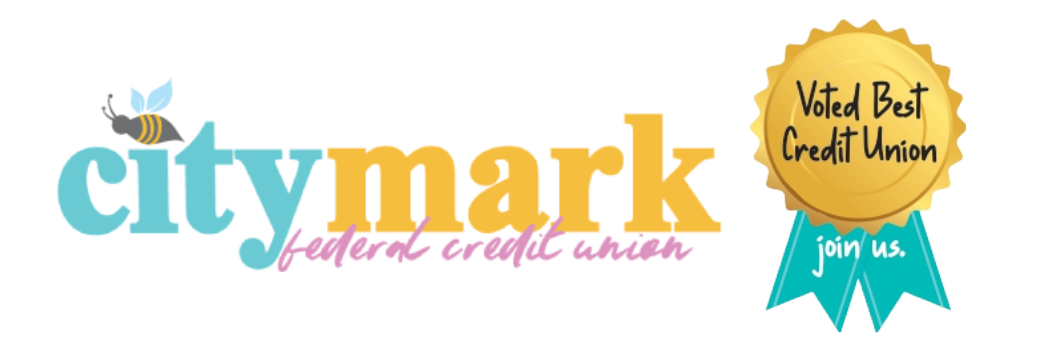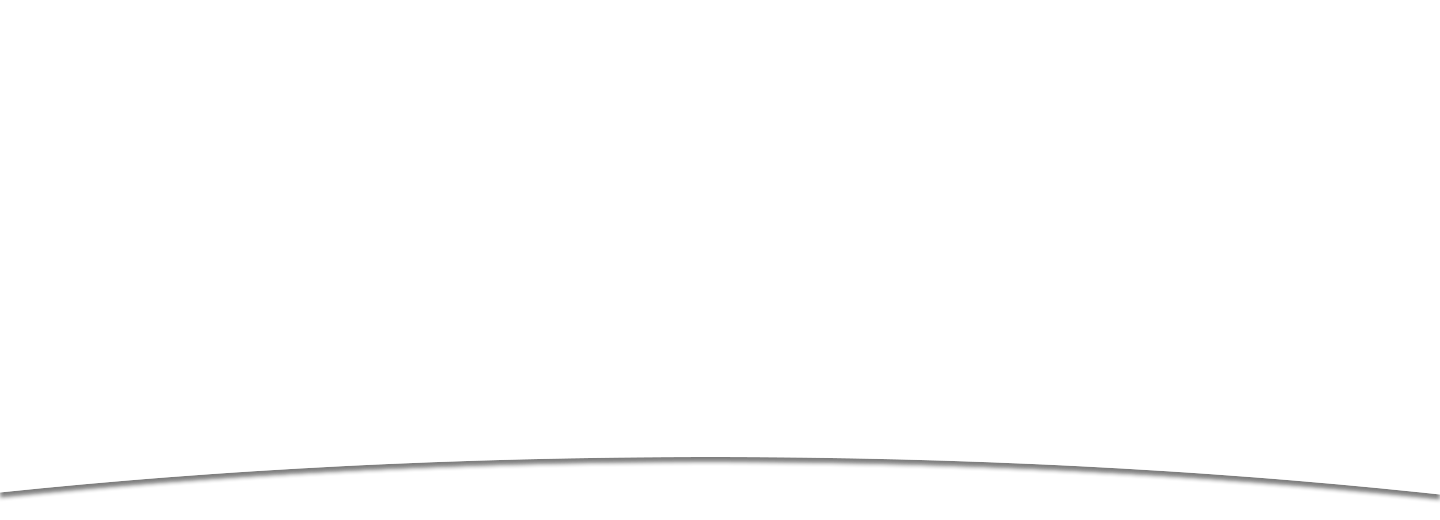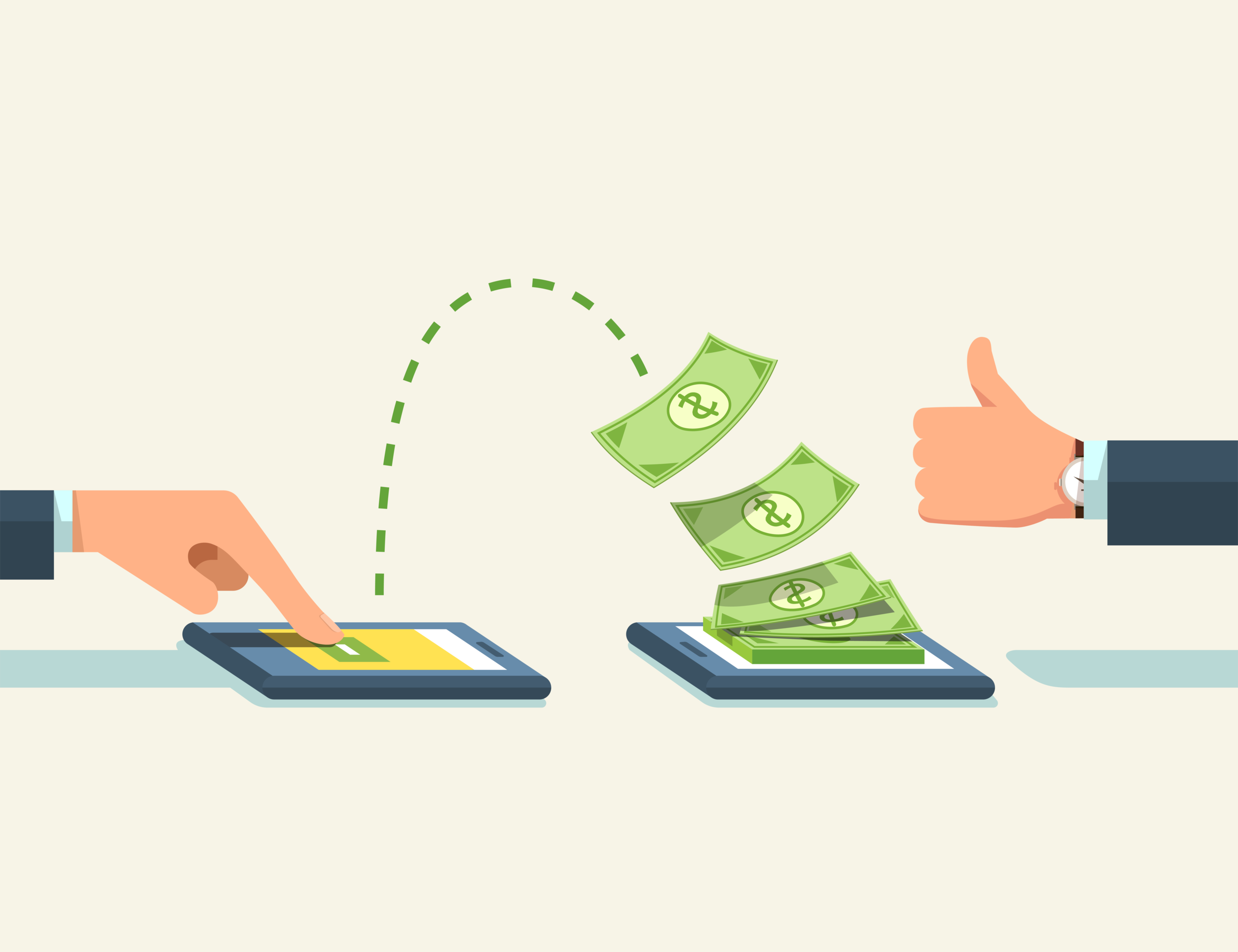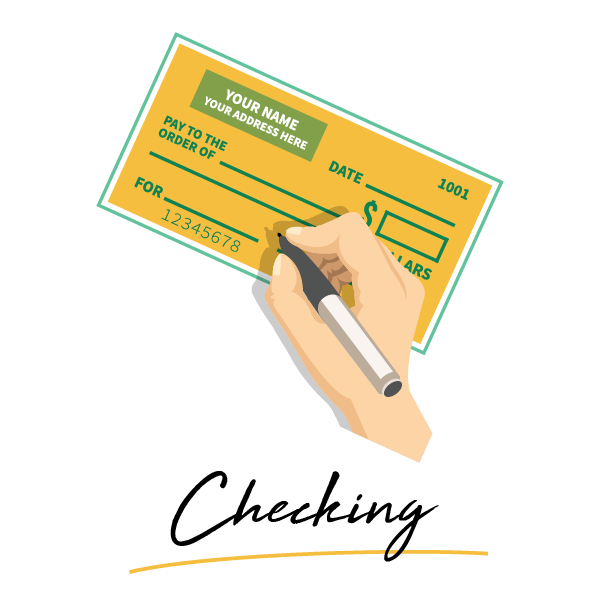What Is Courtesy Pay
Courtesy pay is a service that allows the credit union to pay an item presented against your checking account even if it causes the account to become overdrawn. Courtesy pay may provide certain account holders in good standing with the ability to overdraw their checking account up to $350.00. The courtesy pay dollar amount limit includes any overdraft fees assessed. Whether we pay or return an item, your account may be assessed a fee, either as a courtesy pay fee or a non-sufficient funds fee, but you will not be charged both fees by us.
You can avoid overdraft/courtesy pay fees by linking your checking account to your savings account for automatic transfers to cover negative items.
Sign Up For Courtesy Pay
It’s easy! If you want us to authorize and pay overdrafts on debit and ATM transactions, you must complete a Courtesy Pay Opt-In form. You can also opt-in by calling us at 570-826-8244.
What Is Opt In
Opt-in is when you tell us you want to participate in a service we offer our members. In regards to courtesy pay, checking accounts are automatically opted-in for checks, ACH, and online bill pay, but action is required by the member to opt-in to courtesy pay for “everyday” debit card transactions and ATM withdrawals.
Why Must I Opt In to Courtesy Pay
Due to recent regulatory changes you must now opt-in to allow the payment of everyday debit card (these are debit card transactions you initiate when purchasing from a merchant) and ATM transactions in cases where such payment will result in your account being overdrawn. If you wish to authorize the credit union to pay such transactions, you must tell us you want to opt-in. If you do not opt-in, the credit union will deny your transaction when you use your debit card for payment and/or ATM transactions if you do not have sufficient funds to cover the transaction.
You may access the Opt-In form in our application center under Forms: Courtesy Pay Opt-In Form
Must I Opt In To All Parts of Courtesy Pay
No. You will continue to be automatically enrolled in coverage for checks and recurring payments you have set up. You only need to opt-in for coverage of everyday debit card and ATM transactions.
Can I Opt Out of Courtesy Pay
Yes. You can choose to opt-out of all Courtesy Pay transactions at any time or opt-out of only the ATM and everyday debit card transactions. If you opt-out of all courtesy pay transactions, the credit union will refuse to pay any transactions where you don’t have sufficient funds to cover that transaction. If your transaction is refused, you may still be subject to NSF (non-sufficient funds) fees from the credit union and/or returned check fees from merchants.
How Much Is The Courtesy Payee
Our current charge per item is $33. The amount of this fee may change, but you will receive prior notice of any changes. In this case, payment is made on your transaction and a courtesy pay fee is applied. The courtesy pay fee is assessed on the available balance in your account.
How Much Is The NSF Non Sufficient Funds Fee
Our current charge per item is $33. The amount of this fee may change, but you will receive prior notice of any changes. In this case, payment is refused on your check or recurring item transaction, and an NSF fee is applied. You may also incur returned check charges from merchants.
How Do I Qualify For Courtesy Pay
To ensure that you qualify for this service, you need to have:
A checking account that has been open for at least 60 days
No delinquent loans with the credit union (past due over 30 days)
Not caused the credit union a loss
Have not opted out of our courtesy pay service
Must be 18 years of age or older
Why Would You Not Cover My Transaction If I Qualify For Courtesy Pay
Whether your overdrafts will be paid is discretionary and we reserve the right not to pay. For example, we typically do not pay overdrafts if your account is not in good standing, or you are not making regular deposits, you have not paid back previous overdrafts on a timely basis or you have too many overdrafts. The overdrawn amount must also be repaid within 30 days of the transaction.
Overdraft Protection
What is Overdraft Protection
Have you ever made a mistake in your check book, or forgot that gas purchase you made yesterday? Many of us do. That is why there is overdraft protection. Overdraft protection is a convenience service that allows your credit union to look at other accounts to transfer from to cover purchases or debit to your account. This service is offered free to all Citymark FCU members and is easy to set up.
Overdraft protection allows you to avoid non sufficient funds (NSF) charges by allowing Citymark FCU to automatically transfer money from a specified Citymark FCU account in the event you overdraft your account. You can overdraft from any Citymark FCU account that you are an owner/joint owner of.
If overdrafting from a savings account, you are limited to six (6) transfers per month per federal regulations. After that there is a $5 charge per automatic transfer to cover an overdraft.
However, some times there aren’t any funds to cover a transaction that occurred on your account. When this occurs, you will receive a NSF (non-sufficient funds) fee of $33.00.
To set up your overdraft protection, please contact us at 570-826-8244.
What You Need To Know About Overdrafts and Overdraft Fees
An overdraft occurs when you do not have enough money in your account to cover a transaction, but we pay it anyway. We can cover your overdrafts in these ways:
Courtesy Pay – Courtesy pay is enabled on all checking accounts in good standing. Courtesy pay allows you to overdraw your account up to $350 and comes with a per transaction fee each time it is accessed. You may opt out of courtesy pay at any time by notifying us.
We also offer overdraft protection plans, such as a link to a savings account. which may be less expensive than courtesy pay. For more information on these plans, please contact us at
570-826-8244.
What Are The Standard Overdraft Practices That Come With My Account
If you qualify we currently, and will continue to, authorize and pay overdrafts for the following types of transactions:
– Checks and other transactions made using your checking account number
– Reoccurring bill payments using your Visa debit card and/or ATM card
– Automatic bill paymentsIn addition, if you qualify and opt-in, we will authorize and pay overdrafts for the following types of transactions:
– Everyday sales transactions made using your Citymark FCU Visa debit card
– ATM transactions involving your checking account made using your Citymark FCU Visa debit card or ATM card
We pay overdrafts at our discretion, which means we do not guarantee that we will always authorize and pay any type of transaction.
What If I Want CityMark FCU To Authorize and Pay Overdrafts On My Everyday Debit Card and ATM Transactions
It’s easy! If you want us to authorize and pay overdrafts on everyday debit and ATM transactions, you must complete a Courtesy Pay Opt-In form. You can also opt-in by calling us at 570-826-8244, or completing a form at our office.
You have the right to revoke your consent by opting out at any time in writing.
You may opt-out of courtesy pay for ATM and everyday debit card transactions or opt-out of courtesy pay in its entirety at anytime in writing. If you choose to do so you may be subject to insufficient funds fees assessed by the credit union and/or merchants. Citymark FCU reserves the right to revoke courtesy pay privileges at anytime without prior notifications and to deny the payment of any transaction.
Definitions
Everyday debit card transactions: Transactions using your debit card that occur during your daily routine, such as grocery shopping, gasoline, or coffee. This does not include regular payments automatically deducted from your checking account, such as utility bills or a gym membership.
ATM transactions: Transactions made at an ATM using your debit card, such as a withdrawal.
Non-Sufficient Funds (NSF) fee: The fee you are charged when you don’t have enough funds in your checking account to cover a check, recurring payment, or electronic bill payment, and the credit union decides to not cover or pay that transaction.





 Mobile Banking
Mobile Banking Home Banking
Home Banking eStatements
eStatements Direct Deposit
Direct Deposit Mobile Banking
Mobile Banking Home Banking
Home Banking eStatements
eStatements Direct Deposit
Direct Deposit


